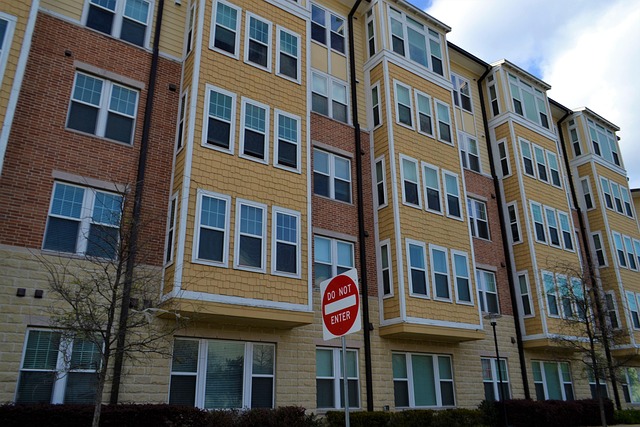What to Do If Your Homeowners Insurance Premiums Increase in the UK

In recent years, homeowners across the United Kingdom have faced a growing concern: rising insurance premiums. Whether it’s due to inflation, extreme weather events, or changes in government regulations, the cost of insuring your home can sometimes feel overwhelming. However, there are practical steps you can take to manage these increases and ensure that you’re getting the best value for your money. This article will guide you through what to do if your homeowners insurance premiums increase, offering actionable advice to help protect both your wallet and your peace of mind.
1. Understand Why Your Premium Increased
Before taking any action, it’s essential to understand why your premium has gone up. Insurance companies base their rates on several factors, including:
- Risk Assessment: If your area has experienced natural disasters like floods or storms, insurers may consider it higher risk.
- Claims History: Previous claims could lead to higher premiums as insurers see you as more likely to file again.
- Market Conditions: Inflation and rising repair costs often drive up premiums nationwide.
- Policy Changes: Sometimes, insurers adjust policies by adding new clauses or removing discounts.
To gain clarity, contact your insurance provider directly. Ask them to explain the reasons behind the increase and provide detailed documentation. Understanding the cause is the first step toward addressing the issue effectively.
2. Review Your Current Policy
Many people overlook the details of their insurance policy until something goes wrong. Take this opportunity to thoroughly review your coverage. Consider the following questions:
- Are you paying for features you don’t need?
- Is your sum insured (the amount your property is covered for) accurate? Over-insuring or under-insuring can lead to unnecessary expenses.
- Are there gaps in your coverage that might justify the price hike?
By streamlining your policy to match your actual needs, you may be able to reduce costs without compromising protection.
3. Shop Around for Better Deals
The UK insurance market is competitive, which means shopping around can yield significant savings. Use comparison websites to explore alternative providers and compare quotes. Be sure to disclose all relevant information when obtaining quotes to avoid issues later on.
When comparing options, focus not just on price but also on the quality of service. Look for reviews from past customers and check whether the insurer offers additional perks such as no-claims bonuses, flexible payment plans, or loyalty discounts.
4. Negotiate with Your Existing Provider
Loyalty doesn’t always pay off in the insurance world, so don’t hesitate to negotiate with your current provider. Armed with competitive quotes from other companies, reach out to your insurer and ask if they can offer a better deal. Many providers prefer retaining existing customers rather than losing them to competitors.
Additionally, inquire about available discounts. For example:
- Installing security systems (e.g., burglar alarms, smoke detectors).
- Paying annually instead of monthly.
- Bundling multiple policies (e.g., car and home insurance).
These small adjustments can add up to substantial savings over time.
5. Improve Your Property’s Safety Features
Investing in safety improvements can lower your insurance premiums while enhancing your home’s overall value. Here are some ideas:
- Upgrade your locks and install a modern alarm system.
- Fit fire extinguishers and sprinklers in high-risk areas.
- Reinforce doors and windows against break-ins.
- Maintain gutters and drainage systems to prevent water damage.
Insurance providers often reward proactive homeowners with reduced rates because these measures minimize potential risks.
6. Consider Excess Adjustments
The excess is the portion of a claim you pay before your insurer covers the rest. Increasing your voluntary excess can significantly lower your premium. While this approach reduces upfront costs, remember that you’ll need to cover larger amounts in the event of a claim. Assess your financial situation carefully before making this decision.
7. Explore Community Initiatives
If you live in an area prone to specific risks (such as flooding), look into community initiatives designed to mitigate those hazards. Some local councils and organizations work with residents to implement flood defenses or other protective measures. By participating in these programs, you may qualify for reduced insurance premiums.
8. Stay Informed About Government Schemes
The UK government occasionally introduces schemes aimed at helping homeowners manage rising insurance costs. For instance, Flood Re is a joint initiative between the government and the insurance industry that provides affordable flood insurance for properties at risk. Keep abreast of such developments and see if you’re eligible for assistance.
9. Build a Strong Claims Record
Maintaining a clean claims record can help keep your premiums stable. Avoid filing minor claims unless absolutely necessary, as each claim can negatively impact your future rates. Instead, use your emergency fund to handle smaller repairs and save your insurance for major incidents.




